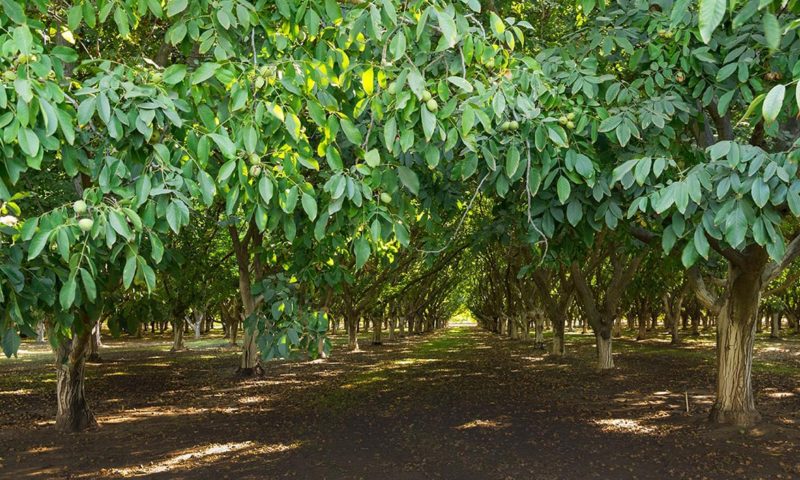Last year, the California Walnut Board (CWB) Grades & Standards Committee started working with the USDA to update the outbound inspection process. As part of this process, the CWB voted to modernize the order and suspend enforcement of mandatory inspections.
This act had effects on several Board activities including the collection of assessments, the credit-back program, and domestic marketing.
The Board’s vote to suspend inspections stands to benefit the industry by removing the redundancies and duplicative costs of mandated outbound inspection. The Federal Marketing Order rules governing inspection, which date back to the order’s inception in 1948, have become outdated as market and customer quality demands now surpass USDA grading standards. Handlers are continuing to inspect product to the specifications as contracted with their customers.
The CWB is now undergoing the formal rule making process, which takes 18-24 months, to update the order including the way in which assessments are collected. In the original marketing order, assessments were tied to outbound inspections. Since these outbound inspections are suspended, assessments for the Board are unable to be collected. This means that the CWB is without income during the rule making process and is operating off its reserve in the absence of income from assessments. Until the CWB can again collect assessments, the CWB credit-back program that provides the opportunity for partial assessment reimbursement to handlers against qualified marketing expenditures incurred in the same year is suspended.
The Boards of the CWB and CWC met in the fall to review the financial position of both entities including reserves and projected income. A funding plan was discussed to allow programs to remain as intact as possible across the two entities.
The California Walnut Commission is not affected by this rule making and is still collecting assessments, assessing at $0.008 per in-shell pound, under the $0.01 cap. The Board and Commission are two separate entities, and each has its own assessment collection process. All of the work done by the Commission, including export marketing programs in nine priority markets and research to further explore the many health benefits of walnuts, is still ongoing at originally approved budget levels.
The Board’s largest area of spend is its domestic marketing program, followed by its production and post-harvest research programs. While the research programs and other essential operations of the Board remain intact, the CWB domestic marketing program was unable to be maintained at the same level of spend. The importance of maintaining a domestic marketing program was discussed, with the CWC funding a portion of the program for the 2021/22 fiscal year. The resulting 2021/22 domestic marketing budget, which was cut by nearly 70%, is comparable to the 2013/14 budget (for a crop of 492,000 tons – 59% smaller than the 2020/21 crop). All television and print advertising which drives consumer awareness has been eliminated, along with national in-store retail promotions which drive incremental purchase of walnuts. Programs reaching hotels, restaurants, caterers and other foodservice operators have been entirely eliminated.
Currently, domestic marketing activities include limited digital and social outreach in tandem with public relations activities. Outreach to the food manufacturing segment also remains, but at a significantly reduced level. Efficiency continues to be a strong focus in the U.S. market to maintain continuity and minimize loss in demand.
While many of these changes were not ideal, they were necessary in order for the entire industry to benefit from modernizing the marketing order. These are only temporary challenges, and the Board remains committed to taking necessary steps to evaluate and modify marketing order mandates as well as programs to benefit industry. The rule making process is underway with USDA. The CWB has submitted the proposed changes to the order and is working with USDA on the next steps in the process including a public hearing later this year, formal comment period, and a grower referendum vote over the coming months.



